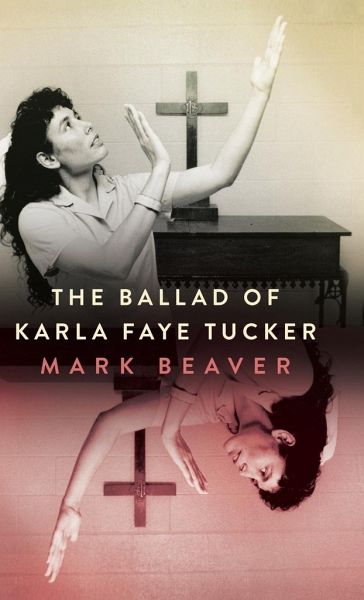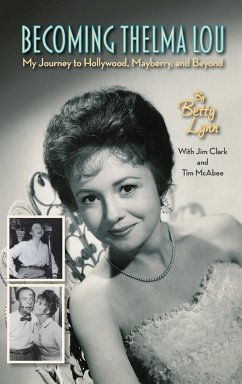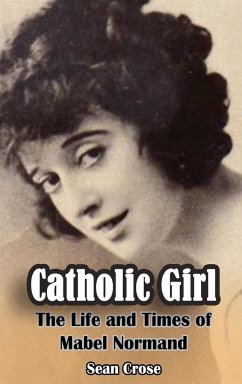
Ballad of Karla Faye Tucker (Hardback)
Versandkostenfrei!
Versandfertig in 1-2 Wochen
111,99 €
inkl. MwSt.

PAYBACK Punkte
56 °P sammeln!
On a June night in 1983, twenty-three-year-old Karla Faye Tucker and her boyfriend, fueled by a sinister cocktail of illicit drugs, broke into a Houston apartment. "We were very wired," Tucker later testified, "and we was looking for something to do." Though they later claimed they entered the premises with no murderous intent, they ended up slaughtering two people--one a sworn enemy, the other an utter stranger. The weapon: a pickax they found in the apartment. Fourteen years later, in early 1998, Tucker was facing lethal injection. But after her religious conversion in prison, Texas would be...
On a June night in 1983, twenty-three-year-old Karla Faye Tucker and her boyfriend, fueled by a sinister cocktail of illicit drugs, broke into a Houston apartment. "We were very wired," Tucker later testified, "and we was looking for something to do." Though they later claimed they entered the premises with no murderous intent, they ended up slaughtering two people--one a sworn enemy, the other an utter stranger. The weapon: a pickax they found in the apartment. Fourteen years later, in early 1998, Tucker was facing lethal injection. But after her religious conversion in prison, Texas would be executing a different woman than the one who'd committed the murders. Her change was so dramatic that the most powerful and influential voices in American televangelism--Pat Robertson and Jerry Falwell among them--were urging viewers to contact Texas's governor, George W. Bush, and plead for clemency. One follower was author Mark Beaver's father, a devout Southern Baptist deacon who asked Beaver to put his fledgling literary ambitions to work by composing a letter on his behalf to Governor Bush. Through a merger of true crime, social history, and memoir, The Ballad of Karla Faye Tucker illustrates how a seemingly distant news story triggers a national reckoning and exposes a growing divide in America's evangelical community. It's a tale of how one woman defies all conventions of death row inmates, and her saga serves as an unlikely but fascinating prism for exploring American culture and the limits of forgiveness and transformation. It's also a deeply personal reflection on how a father's request leads his son to struggle with who he was raised to be and who he imagines becoming.












